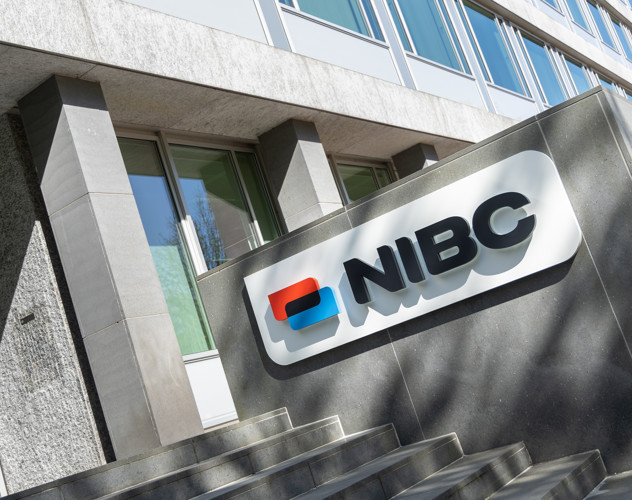
Laatste nieuws

Nieuwsbericht
13 mrt. 2024 11:00 CEST
NIBC’s Commercial Real Estate business show solid results in dry market
Lees meer

Nieuwsbericht
13 mrt. 2024 11:00 CEST
NIBC’s Infrastructure business delivered strong results
Lees meer

Nieuwsbericht
13 mrt. 2024 11:00 CEST
NIBC’s Shipping business shows robust 2023 performance amid dynamic international economic environment
Lees meer

Nieuwsbericht
12 mrt. 2024 14:30 CEST
Two of our Infrastructure clients, Gridserve and Maincubes, have won the IJGlobal Awards 2023
Lees meer
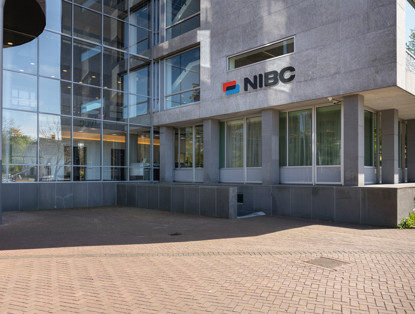
Financieel persbericht
08 mrt. 2024 08:00 CEST
NIBC boekt nettowinst van EUR 204 miljoen in 2023 en toont daarmee sterke resultaten en aanhoudende groei
Lees meer

Persbericht
08 mrt. 2024 08:00 CEST
Paulus de Wilt to leave NIBC on 31 December 2024
Lees meer

Nieuwsbericht
05 mrt. 2024 09:15 CEST
NIBC biedt een hypotheek voor helden in de vitale sector
Lees meer
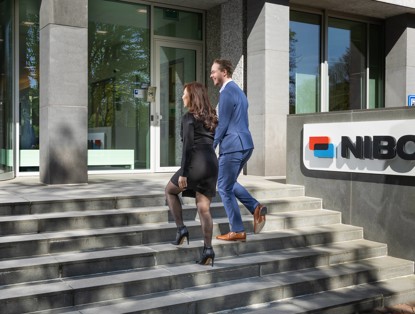
Persbericht
21 feb. 2024 11:30 CEST
NIBC Bank N.V. announces result of adjourned meeting in respect of its outstanding USD 100,000,000 CMS linked perpetual debt securities
Lees meer

Nieuwsbericht
09 feb. 2024 16:30 CEST
NIBC: kennis van de scheepvaart, korte lijnen en echt partnerschap
Lees meer
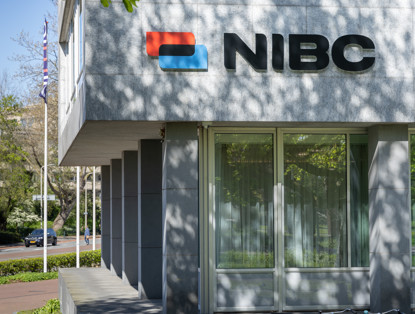
Nieuwsbericht
08 feb. 2024 09:30 CEST
Vastgoedlabel OIMIO wordt gerebrand naar NIBC
Lees meer

Nieuwsbericht
06 feb. 2024 09:30 CEST
NIBC closed its first Spanish residential real estate financing transaction
Lees meer
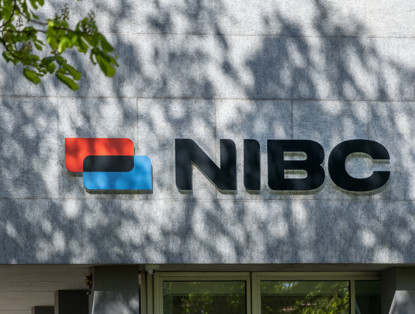
Persbericht
05 feb. 2024 13:30 CEST
Notice to the holders of the Issuer's outstanding U.S.$100,000,000 CMS Linked Perpetual Debt Securities (ISIN: XS0215294512) (the "Securities") in respect of the meeting held on 5 February 2024 at the offices of Clifford Chance LLP
Lees meer

